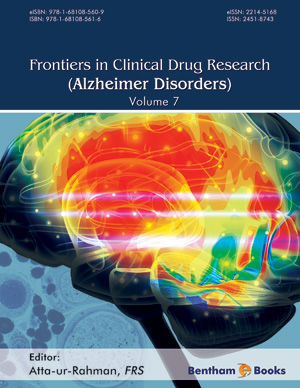Abstract
The increase in life expectancy and lifestyle changes, such as inadequate diets, sedentarism and social inequality have contributed to an increase in neuropsychiatric disorders, such as Alzheimer's disease (AD). AD has a multifactorial origin, with a chronic and progressive nature, leading to cognitive and functional decline, including the gradual loss of autonomy, independence and social function, severely impairing the quality of life of both patient and family. The disease onset and progression become a burden on the family and caregivers, requiring an interdisciplinary and multidisciplinary approach. AD demands continuous assistance and increasing burdens during treatment. Health professionals, such as nutritionists, physical educators, physiotherapists and occupational therapists, neuropsychologists and speech therapists, offer complimentary therapies, becoming essential for the prevention of a quick decline in quality of life, and allowing patients with AD to remain functional and cognitively active for longer. In this setting, the contributions and actions of various health professionals play a major role in managing AD, and health actions directed at the elderly should have the prime objective of keeping the person within their community, together with their families, in the most dignified and comfortable manner possible. Their transfer to long-stay institutions (asylums, hospitals, retirement homes and the like) should only be considered when all other actions have failed. In this scenario, this chapter aims to address the role of different non-pharmacological therapies administered by a multi-professional health team to delay the deterioration of cognition, autonomy, functionality and independence, maintaining an acceptable quality of life for the elderly with AD.
Keywords: Aging, Alzheimer’s Disease, Dementia, Disability, Elderly, Interventions, Neuropsychologists, Non-Pharmacological Therapies, Nutrition, Occupational Therapy, Physiotherapy, Physical Educators, Quality of Life, Speech Therapy.






















